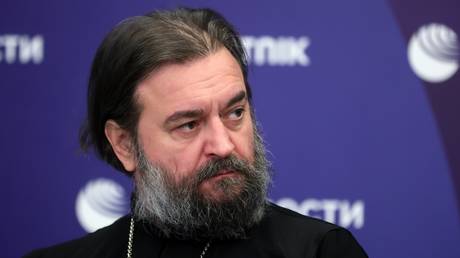Javier Milei's chaotic Argentina experiment looks like a replay of past failures
Javier Milei's government in Argentina has implemented radical economic policies, including devaluing the peso, which have led to significant economic instability and social unrest, despite initial economic gains.

Argentina’s recent political saga is a cautionary tale for democracies grappling with disillusionment.
Last November, Donald Trump welcomed Argentina’s new president, Javier Milei, as the first foreign leader to visit him post-victory. Their ideological kinship was palpable — two outsiders with extreme-right rhetoric and a shared zeal for dismantling established systems.
For Milei, his ascent to power meant a crusade against bureaucracy, savage austerity measures and a reckless embrace of unregulated capitalism. What Milei framed as bold reform quickly revealed itself as a chaotic experiment in dismantling social safeguards. The toll has been staggering, with communities bearing the brunt of policies designed to appease markets at the expense of stability.
By mid-2024, Argentina’s economy had spiraled into recession, with more than half its population plunged into poverty. Yet Milei’s rise wasn’t so much a triumph of vision as it was a repudiation of his predecessors. Frustration with endemic corruption and economic stagnation fueled his ascent.
Argentina’s political and economic turbulence is a study in how populist promises collide with complex realities. When voters headed to the polls in October 2023, month-over-month inflation hovered around 8 percent, a figure that implies an annual inflation rate above 100 percent. This symbolized both frustration with traditional parties and deep-seated anxiety about the future.
Milei, with his fiery rhetoric and radical economic vision, harnessed this discontent to propel himself to victory. In the months that followed, the economic picture fluctuated dramatically. Inflation surged to a staggering 25 percent in 2023 before retreating to under 3 percent in last November.
Milei touted his sweeping public sector cuts as necessary medicine for ailing fiscal health. But this narrative obscures a harsher truth. His policies triggered profound disruption. By devaluing the peso, he unleashed a wave of price spikes that hit everyday Argentines hardest, while relying on rigid currency controls to temporarily manage further inflation.
For a country already grappling with widespread economic inequality, the Milei experiment reveals the perils of simplistic solutions to systemic problems. His approach serves as a sobering reminder: Populist fervor may win elections, but it does not guarantee sound governance. The contradictions of Milei’s leadership are blatantly evident to Argentinians grappling with his austerity measures.
While preaching free-market ideals, his government has leaned on heavy-handed state intervention, all at a steep social cost. Cuts to services and jobs have devastated the most vulnerable, with plummeting real wages forcing many to abandon private health care, overcrowding already strained public hospitals. Violent protests erupted in Buenos Aires this summer, a visceral reaction to policies that prioritize economic theory over human dignity. Though the economy shows some signs of recovery, unrest looms unless tangible improvements reach those struggling to survive Milei’s shock therapy.
Milei’s long-term political survival is dependent on external lifelines and calculated maneuvers. Argentina’s $44 billion loan from the International Monetary Fund (IMF) is nearly exhausted, forcing Milei’s administration to seek additional funds to relax currency controls without destabilizing the peso. A peso collapse would likely unleash inflation and spell political disaster as congressional elections loom.
While Milei champions a minimal state, the IMF is reluctant to see its money used to prop up the peso — a move Argentina has employed before, with limited success. Adding to the complexity is Argentina’s growing reliance on Chinese loans. This deepening dependency has created a geopolitical tightrope for Milei, especially as he faces mounting pressure from Donald Trump to curb ties with China.
Yet, Milei, no stranger to dramatic rhetoric and bold decisions, may find it challenging to disentangle Argentina from Chinese influence without courting economic chaos. His balancing act between international creditors, domestic unrest and geopolitical expectations expose the fragility of Argentina’s recovery. For Milei, success is not just about policies — it is about navigating the unpredictable tides of politics and power on both the national and global stages.
Milei swept into office on promises of radical change, but his tenure has so far delivered an economic mixed plate that feels all too familiar. In his first year, consumer prices surged by 160 percent, mirroring the inflationary chaos of his predecessor’s final year. Despite his rhetoric of breaking from the past, Milei’s agenda bears a striking resemblance to earlier right-wing regimes, many of whose figures now populate his Cabinet.
His approach will enrich a privileged few while leaving the majority grappling with rising inequality and diminished prospects. Argentina’s ordinary citizens, already stretched thin, are likely to bear the brunt of this experiment in economic deregulation. His strategy appears less about resolving Argentina’s systemic issues and more about deflecting blame for their deepening. By the time the consequences of his policies fully manifest, he seems content to let a future administration shoulder the fallout. In a nation desperate for structural reform and equitable growth, Milei’s leadership feels more like a replay of old failures than the fresh start he promised.
Milei has unexpectedly rekindled his appeal with Argentine society, a feat remarkable for a leader who came into office with limited legislative power and territorial sway. The self-styled anarcho-capitalist has effectively bent the political establishment to his will, leveraging a newfound camaraderie with global right-wing populists, bolstered by Trump’s return to the White House. For now, Milei seems to be riding a wave of cautious optimism.
Inflation, though far from eradicated, is on a downward slope, offering modest relief to an electorate long battered by economic instability. This temporary reprieve owes much to fiscal discipline and tight currency controls, strategies that have kept the peso artificially strong. But this artificial stability is a precarious balancing act.
The IMF has already raised concerns, eliciting sharp rebukes from Milei. Milei’s short-term gains may win him applause today, but the specter of past failures loom large. Whether this revival is sustainable or merely another chapter of fleeting hope remains to be seen.
Imran Khalid is a physician and has a master’s degree in international relations.
What's Your Reaction?








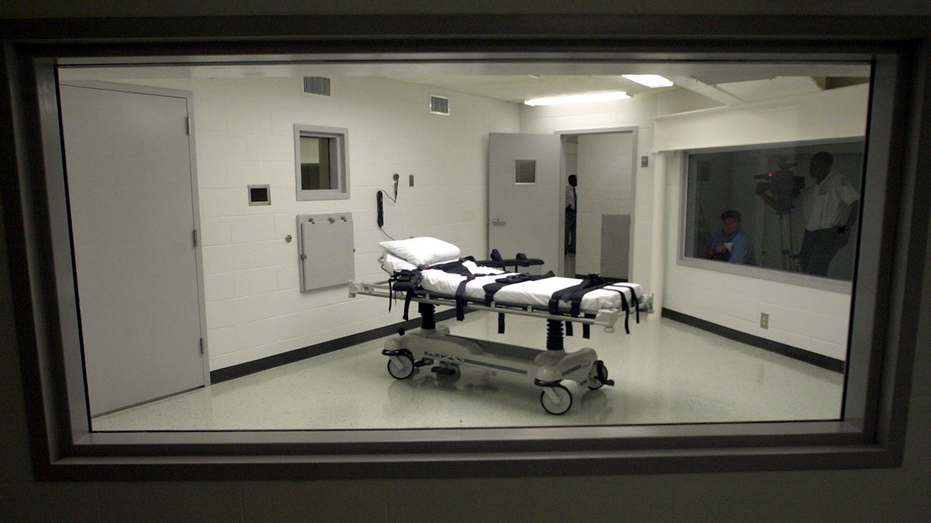
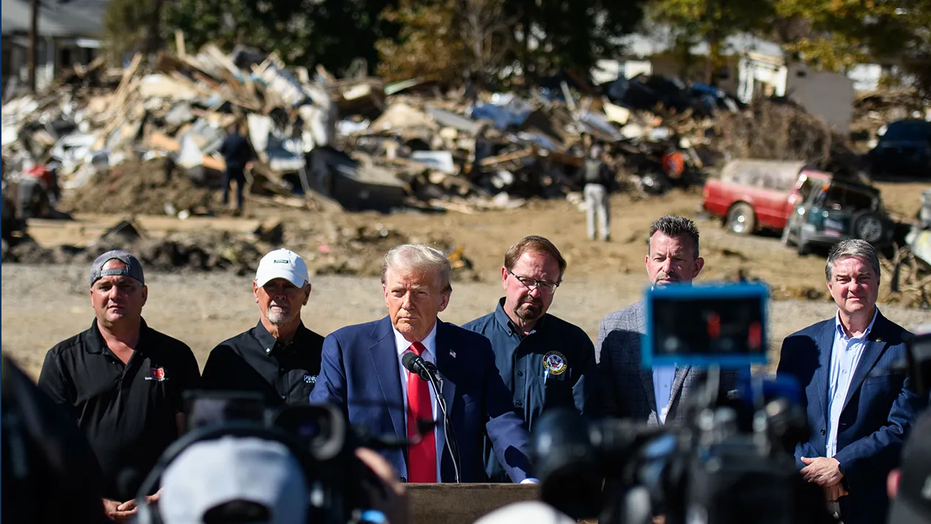


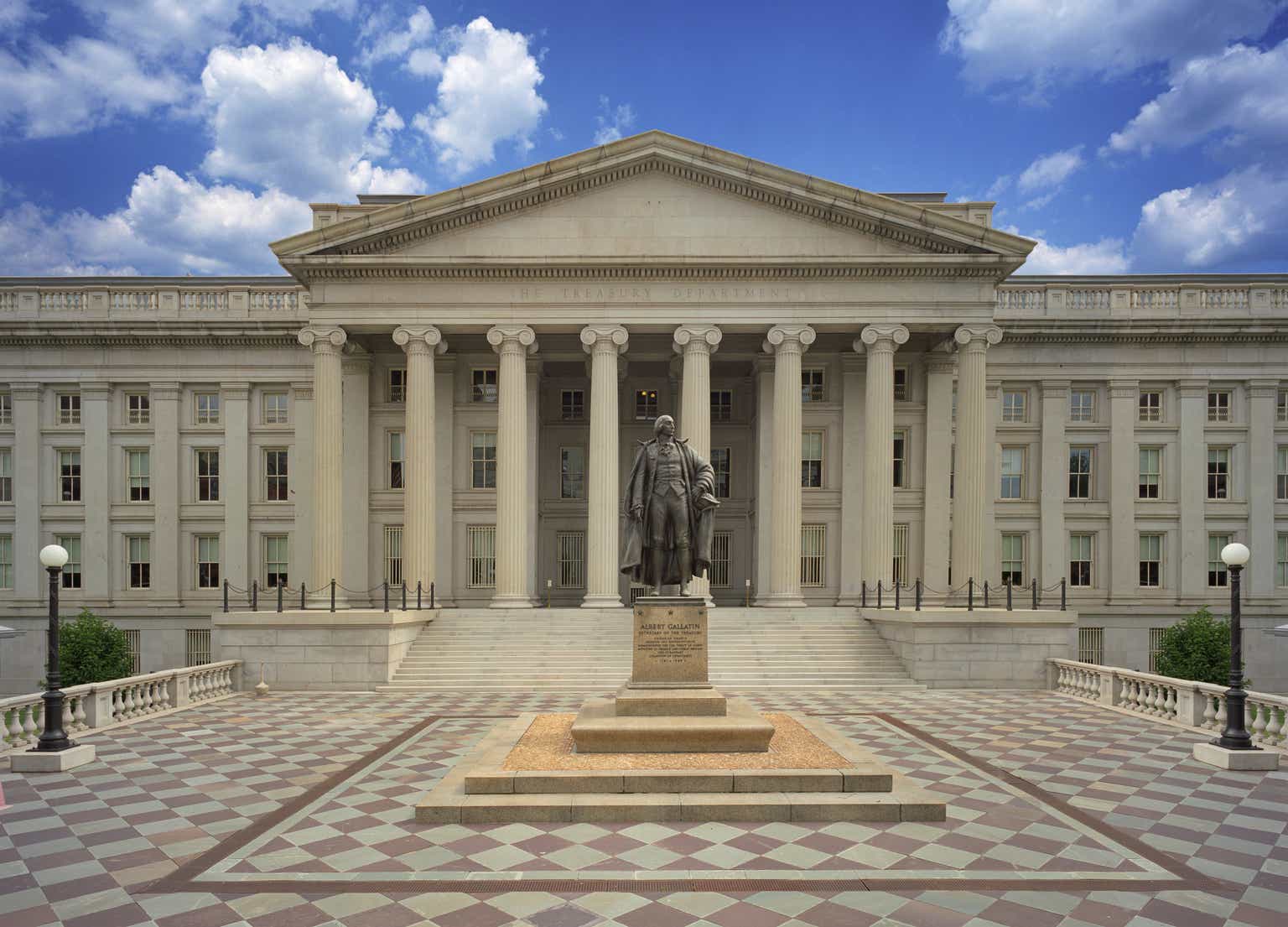













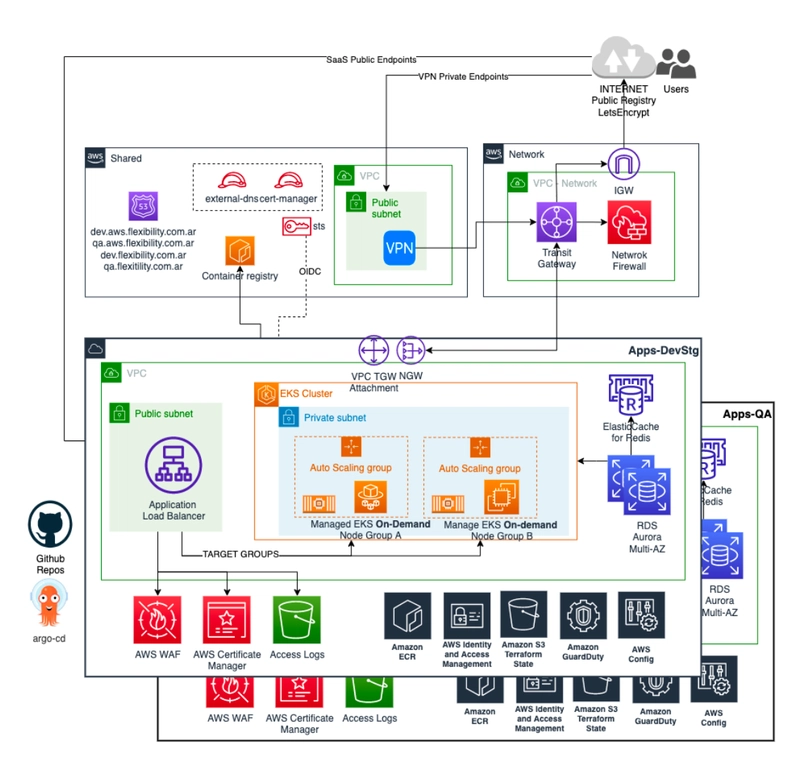

_Vladimir_Stanisic_Alamy.jpg?#)






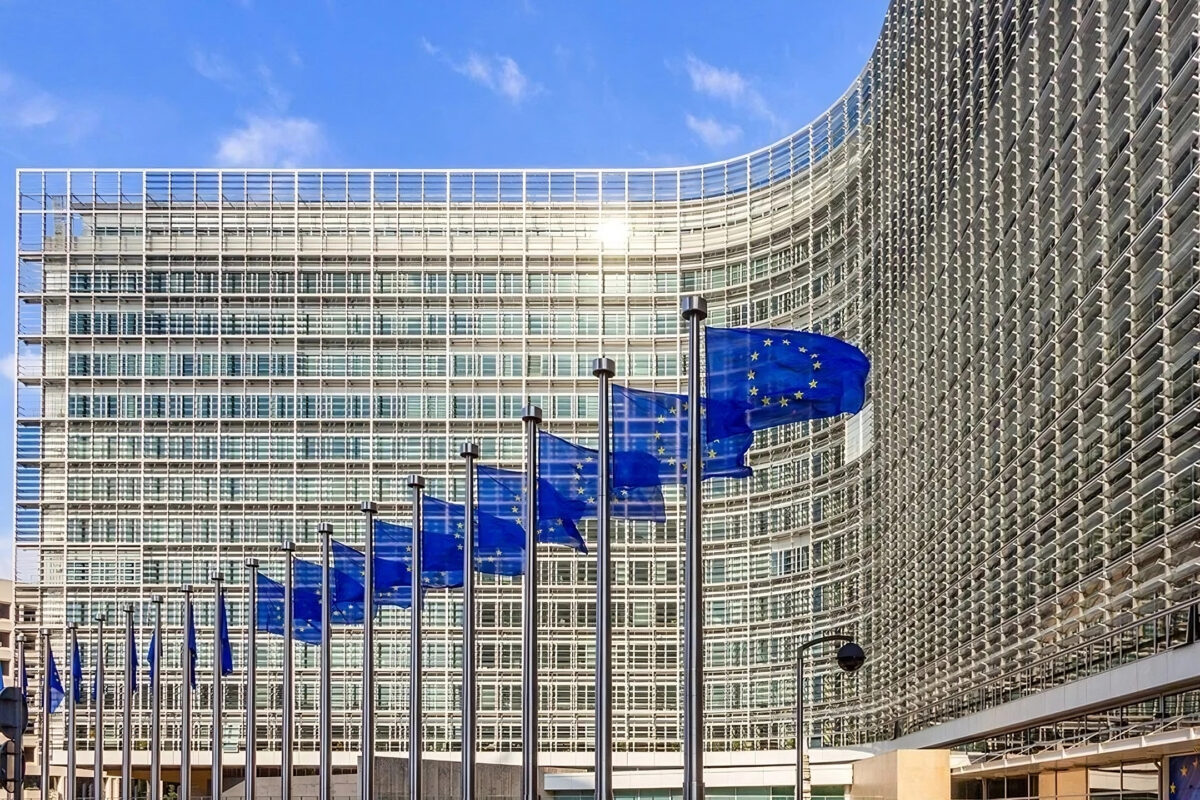

















![Kicked Out Of His Seat—Delta Passenger Forced To Move For A Dog [Roundup]](https://viewfromthewing.com/wp-content/uploads/2024/12/delta_dog_in_bulkhead-transformed.jpg?#)

























